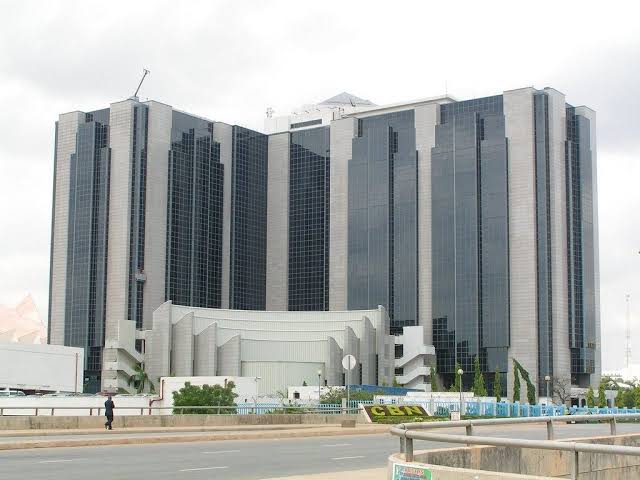Business
Import, Export Policies Cause Rift Between CBN, Customs
There is a brewing rift between the Central Bank of Nigeria (CBN) and the Nigeria Customs Service (NCS) over the e-valuation, e-invoice policy for import and export introduced by the apex bank.

There is a brewing rift between the Central Bank of Nigeria (CBN) and the Nigeria Customs Service (NCS) over the e-valuation, e-invoice policy for import and export introduced by the apex bank.
While the CBN said the new measure would plug leakages and enable government to recover more funds, NCS on the other hand said the new system was in violation of the law, adding that it did not follow due process and would encumber trade.
Also the Manufacturers Association of Nigeria (MAN) said the policy was too hasty and was done without inputs from relevant stakeholders.
The CBN had issued a circular that the new system would kick off on February 1, 2022, but the House had on January 27, 2022 suspended it and directed the apex bank to adopt a 90-day timeline for the implementation of fiscal measures to avoid destabilising effects on the economy.
The resolutions followed a motion moved by Chairman of the Committee on Customs and Excise, Leke Abejide.
At yesterday’s meeting, Director, Trade and Exchange of the CBN, Dr Ozoemena Nnaji, said the new system was seamless and integrated with the import and export process in a manner that does not hamper any of the stakeholders, pointing out that the prices of goods invoiced in a trade transaction were sometimes manipulated by those wishing to launder the proceeds through the financial system, while some regulators suggested that a simple way to identify such activities is by banks implementing a price check on all trade transactions.
She said this is the goal of the new system that the CBN in collaboration with other MDAs, is implementing.
“This would be one way of ensuring what we should earn in trade comes to us without loss of foreign exchange and duties. The main aim is to ensure that we allocate our scarce foreign exchange resources to imports and we collect the export duties and transaction values due to us at valued market rates,” she said.

